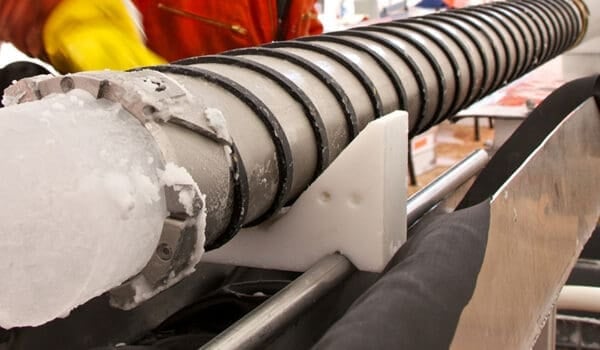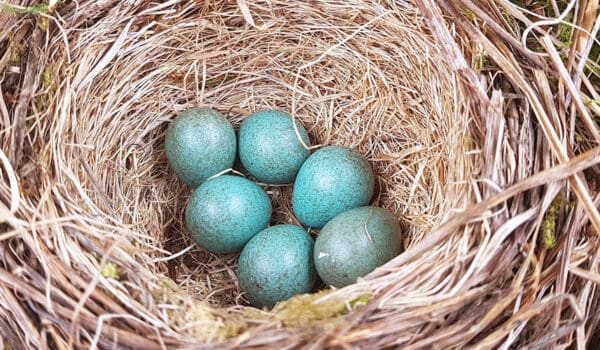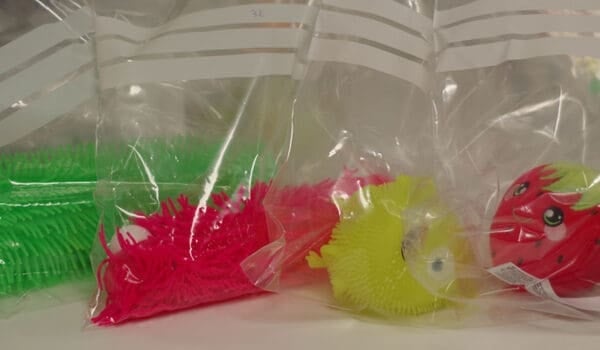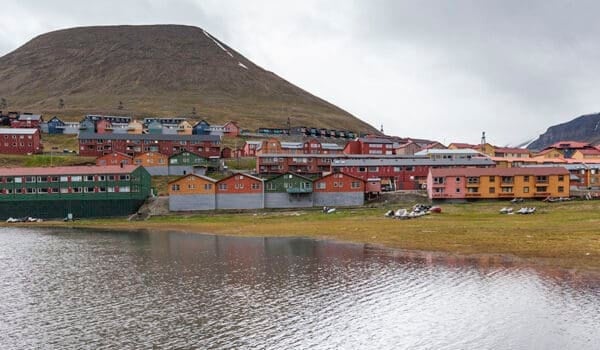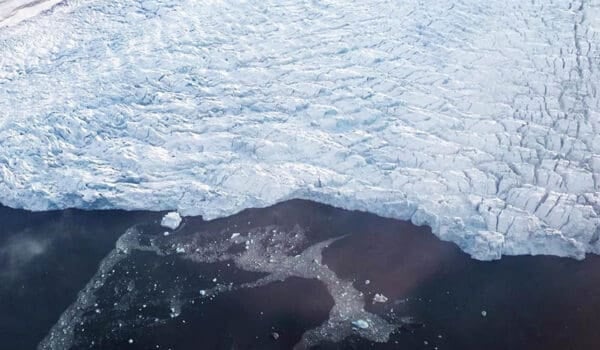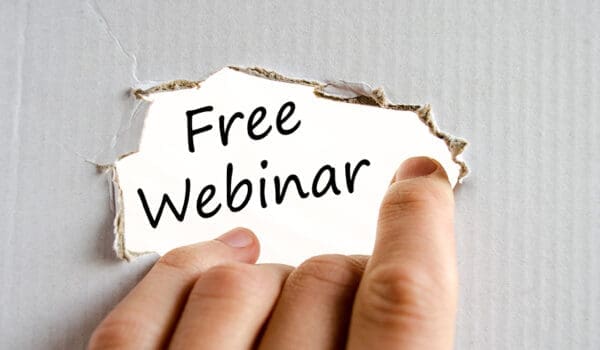
Micro and nano plastics in the marine-atmospheric environment
Studies have shown that marine air, snow, sea spray and fog contain or convey atmospheric microplastics. In a new study, 33 international experts highlight the importance of including the atmosphere into the total plastic cycle and form a strategy to manage plastic pollution.











